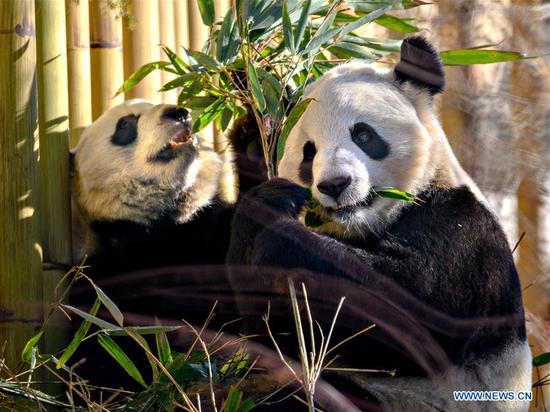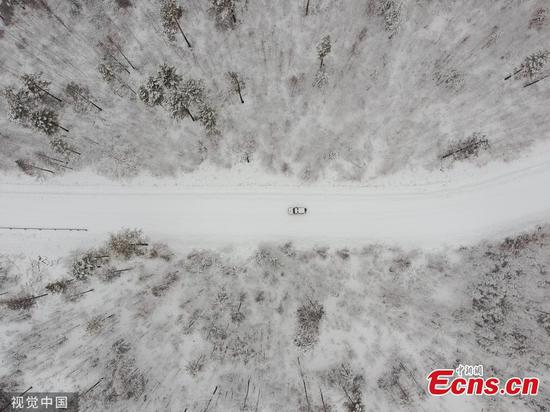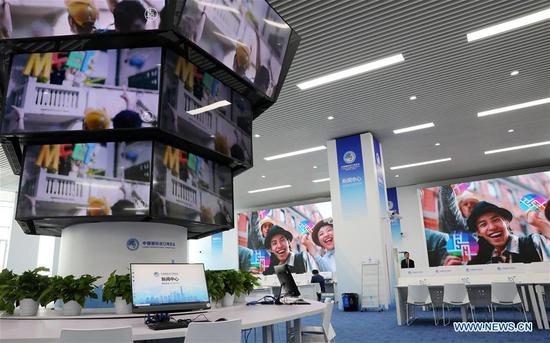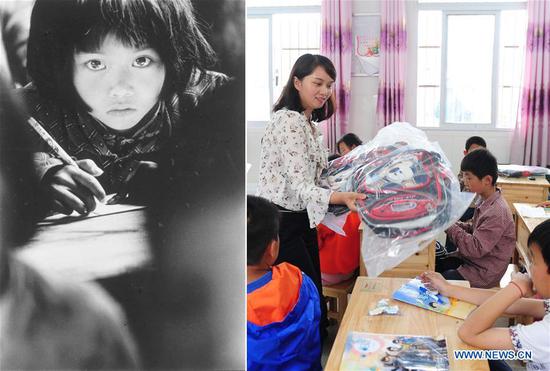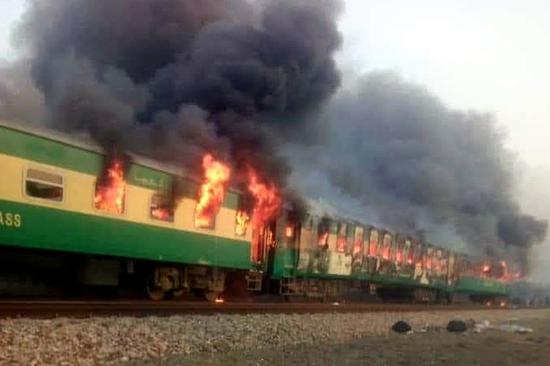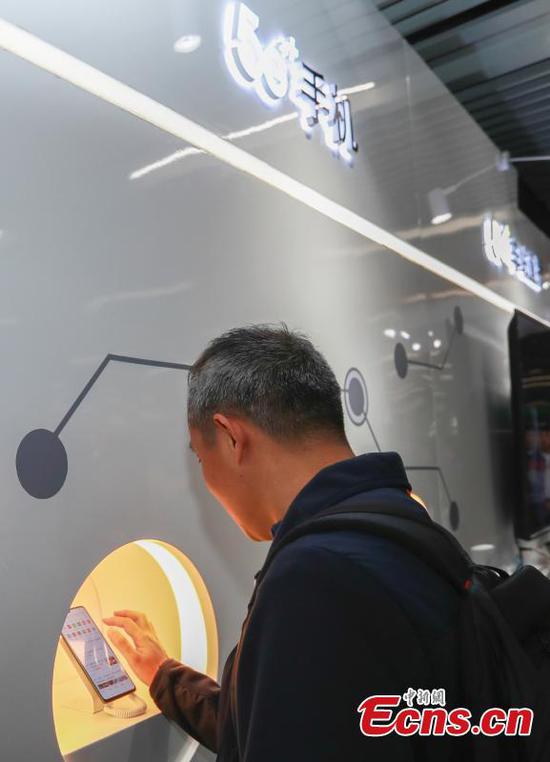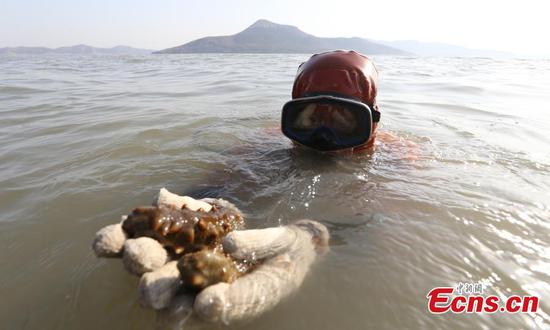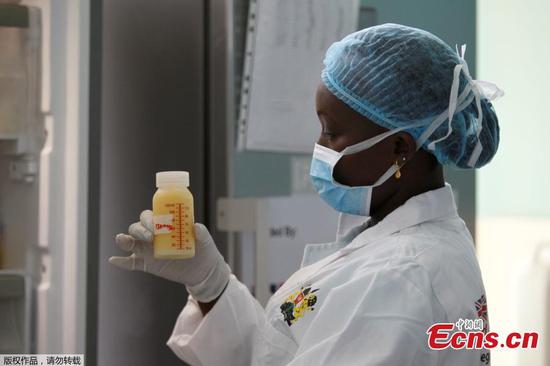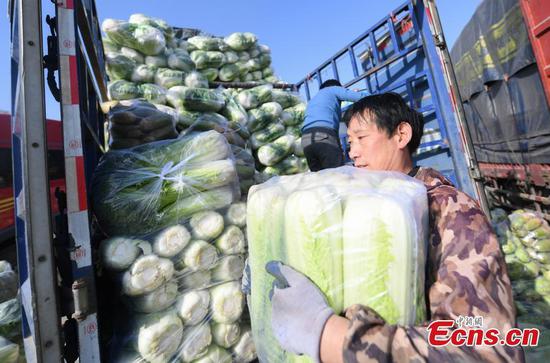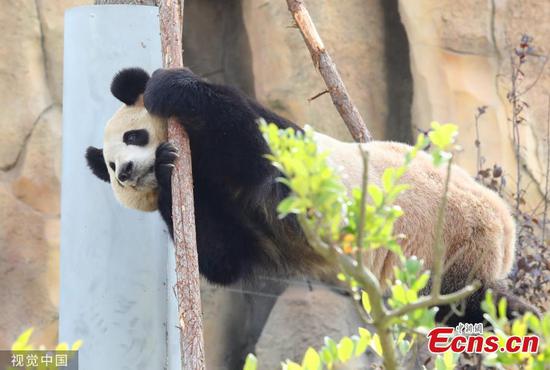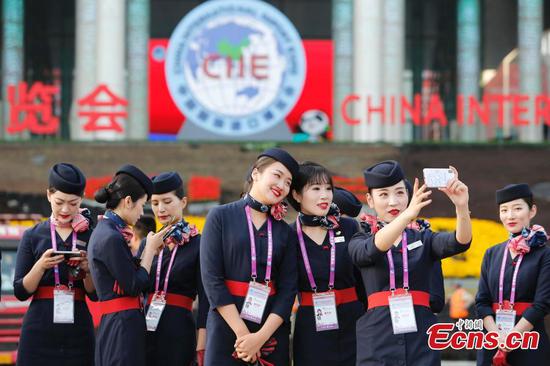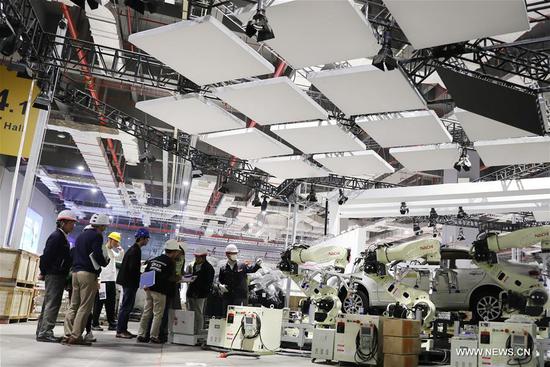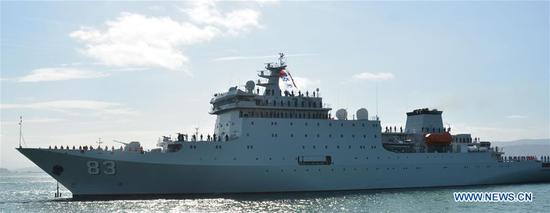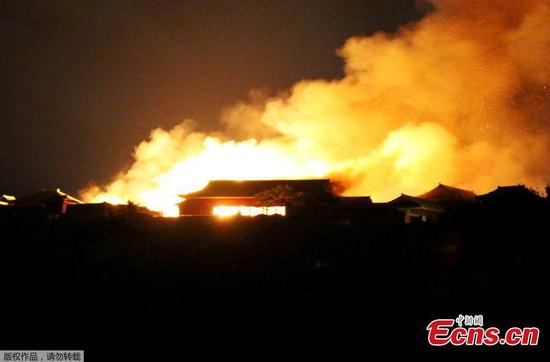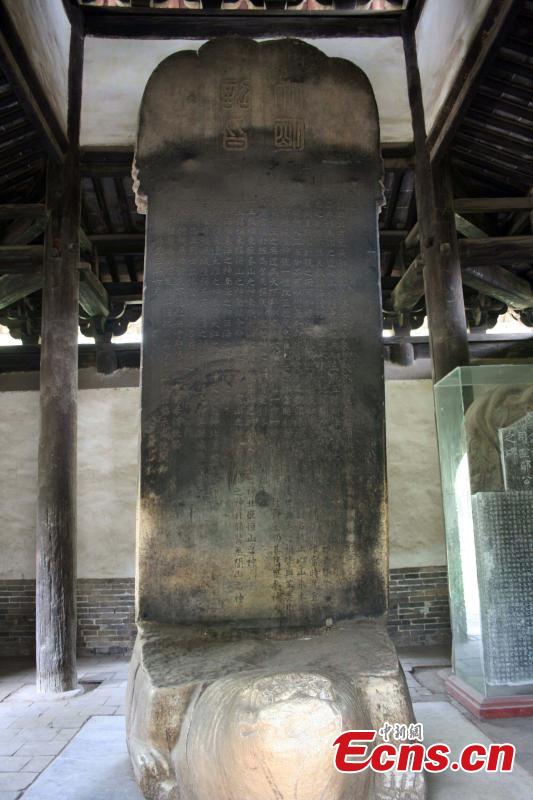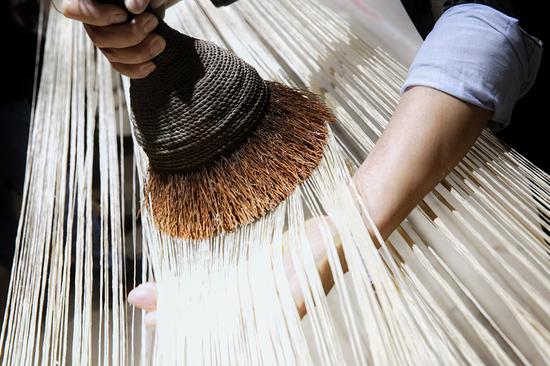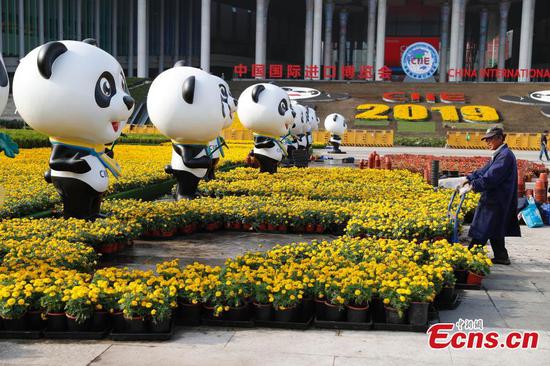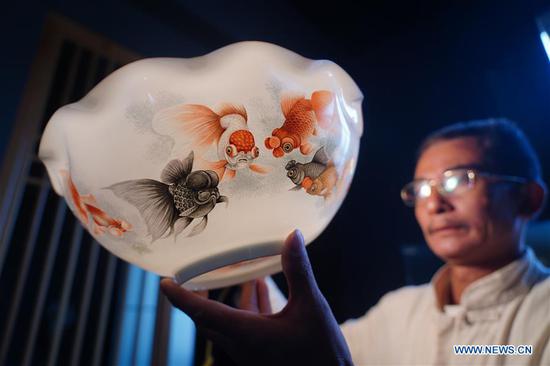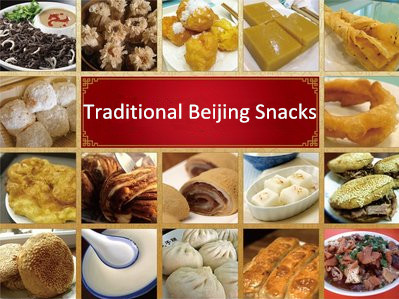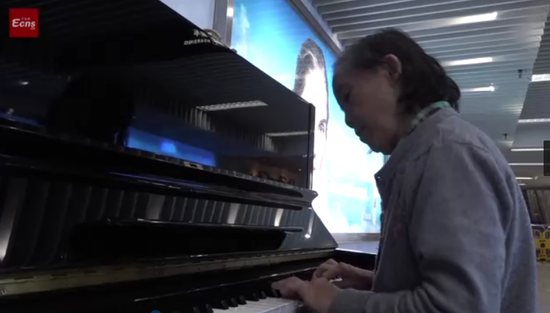Progress in trade negotiations between the United States and China will benefit both countries as well as countries in the Asia-Pacific region which are closely bound together in the global supply chain, according to speakers at an international forum in Singapore.
Countries look up to the major world powers to engage in positive competition and win-win cooperation in the provision of global public services instead of resorting to zerosum rivalry, Zhang Xiaoqiang, executive vice-chairman and CEO of the China Center for International Economic Exchanges, or CCIEE, said at a news conference at the forum.
Experts from the U.S. and China, as well as Singapore, India, Indonesia. Thailand, other nations and the Hong Kong Special Administrative Region of China exchanged views on the prospects for China-U.S. relations at the forum jointly organized on Wednesday and Thursday by the CCIEE, the Lee Kuan Yew School of Public Policy, and the U.S. research group Brookings Institution.
There is optimism that the U.S.-China bilateral trade talks will make progress toward the first phase of a trade deal, he said, adding that the two economies can subsequently resolve other issues by observing the basic principles of a trade deal.
The other Asian economies do not want any frictions between the major powers such as the U.S. and China, Zhang said.
Wei Jianguo, vice-chairman and deputy executive officer of the CCIEE, said that achieving progress in the first phase of the trade talks can be hard, adding that it is important both the U.S. and China gain a good understanding of each other's core concerns and red lines in order to be better prepared for further negotiations.
"The haze is gone, but the sky is not fully clear, so more efforts are needed," Wei said.
He said China, like many other developing nations, merely seeks to reform and improve the global economic institutions such as the World Trade Organization.
Tarun Das, chairman of the Institute of Economic Growth, a New Delhi-based think tank, said the world is eager to see China and the U.S. jointly tackling global challenges including climate change.
"What are the choices before the U.S. and China: competition, conflict, or collaboration? We need to avoid conflict for everyone's sake. Can we see a picture of competition plus collaboration?" he asked, adding that the world has a shared future.
"There is this increasing coming together of technology in the U.S., China and the rest of the world," Charles Freeman, senior vice-president of the U.S. Chamber of Commerce, told China Daily. But the challenge is to reconcile the views of various governments that may have their own concerns on security issues.
Wei said the concerns for Chinese investments in the U.S. include the U.S. tendency to often cite strange grounds to pour cold water on Chinese investors' plans. For instance, a processed meat producer from China was barred from buying land in the U.S. for the purpose of raising pigs due to "national security concerns".
On the other hand, U.S. investors are set to occupy the largest number of booths at China's import fair in November, while small and mediumsized U.S. businesses are eyeing opportunities in the world's largest market.
Das said China and the U.S. need to work together, noting that breaking the global supply chain "is bad for everybody".
He said the conflict will disrupt the global supply chain, which in turn can hold back innovation and technological development. This is because "other nations will be forced to make choices. This is not good overall".
"Innovation depends on openness," Das said, adding that all technological developments have relied on the sharing of knowledge among nations.










